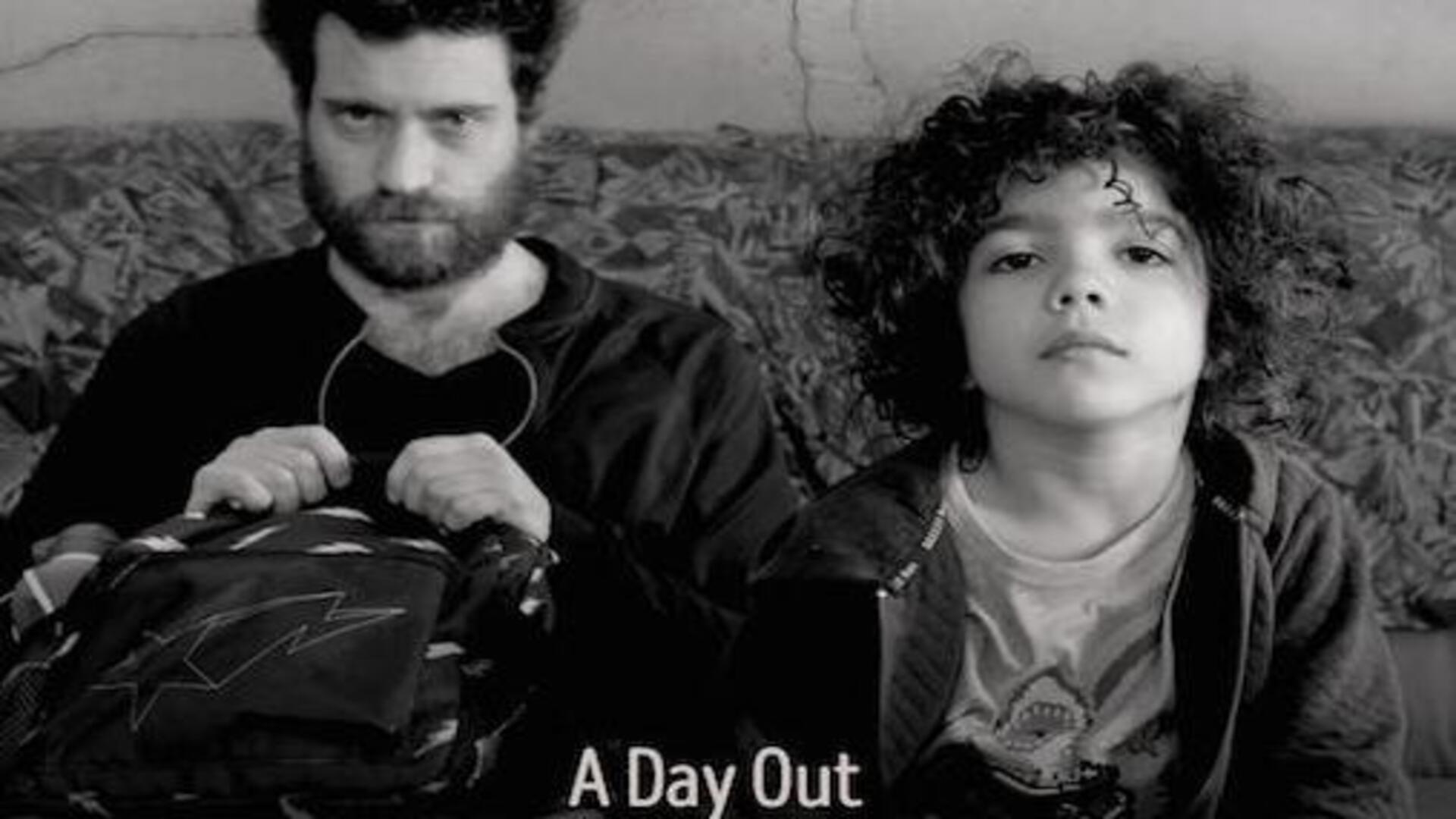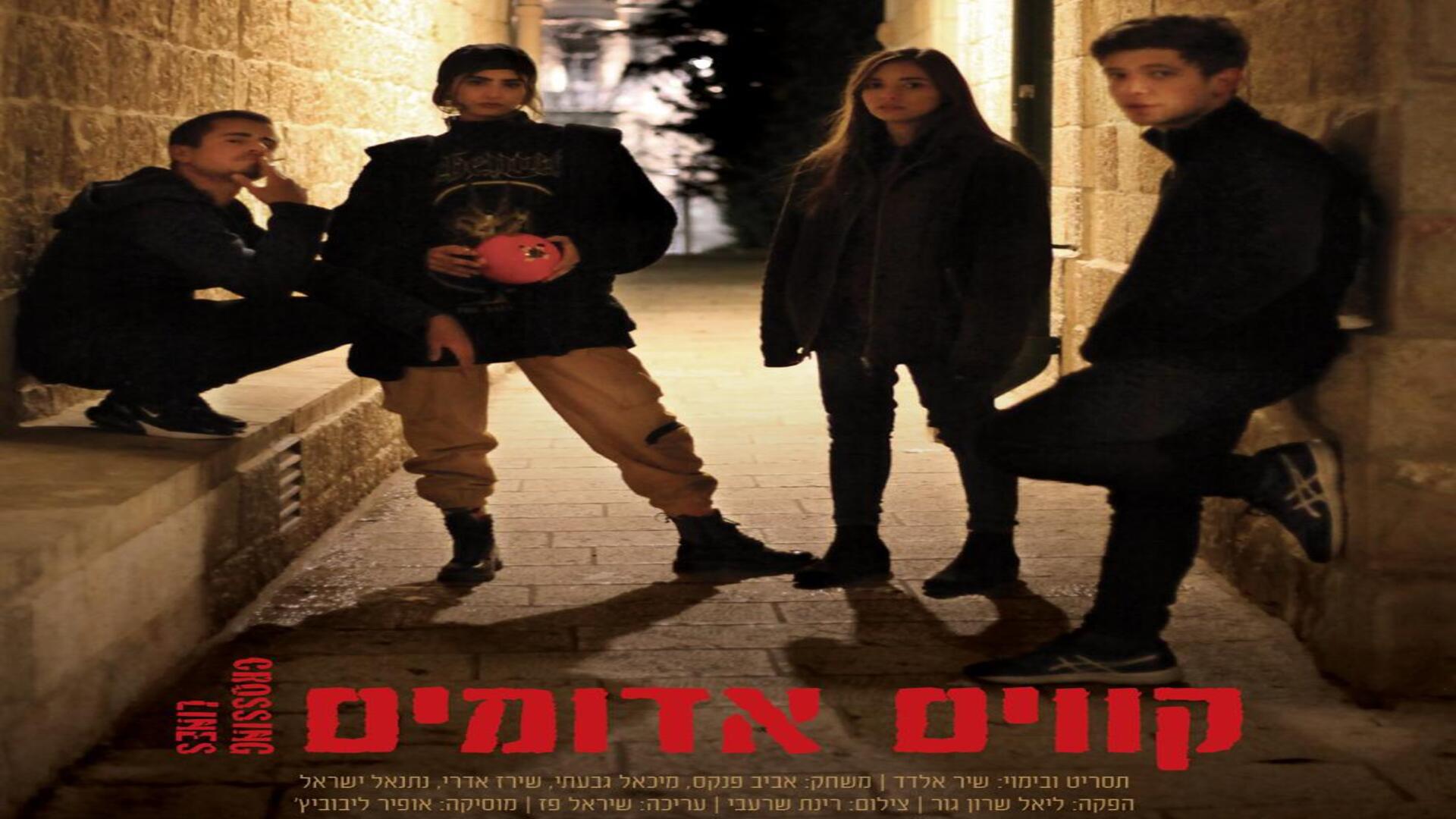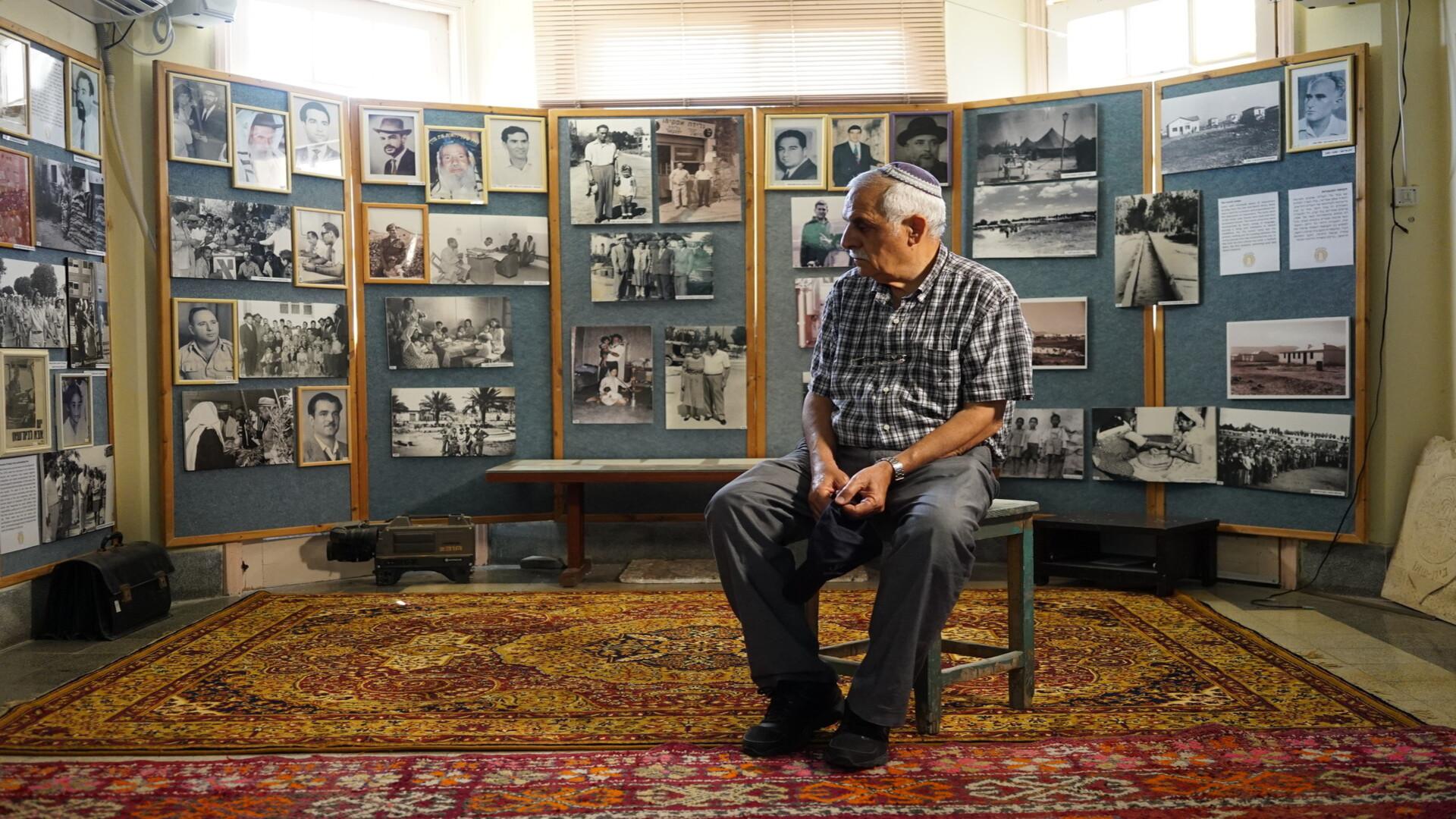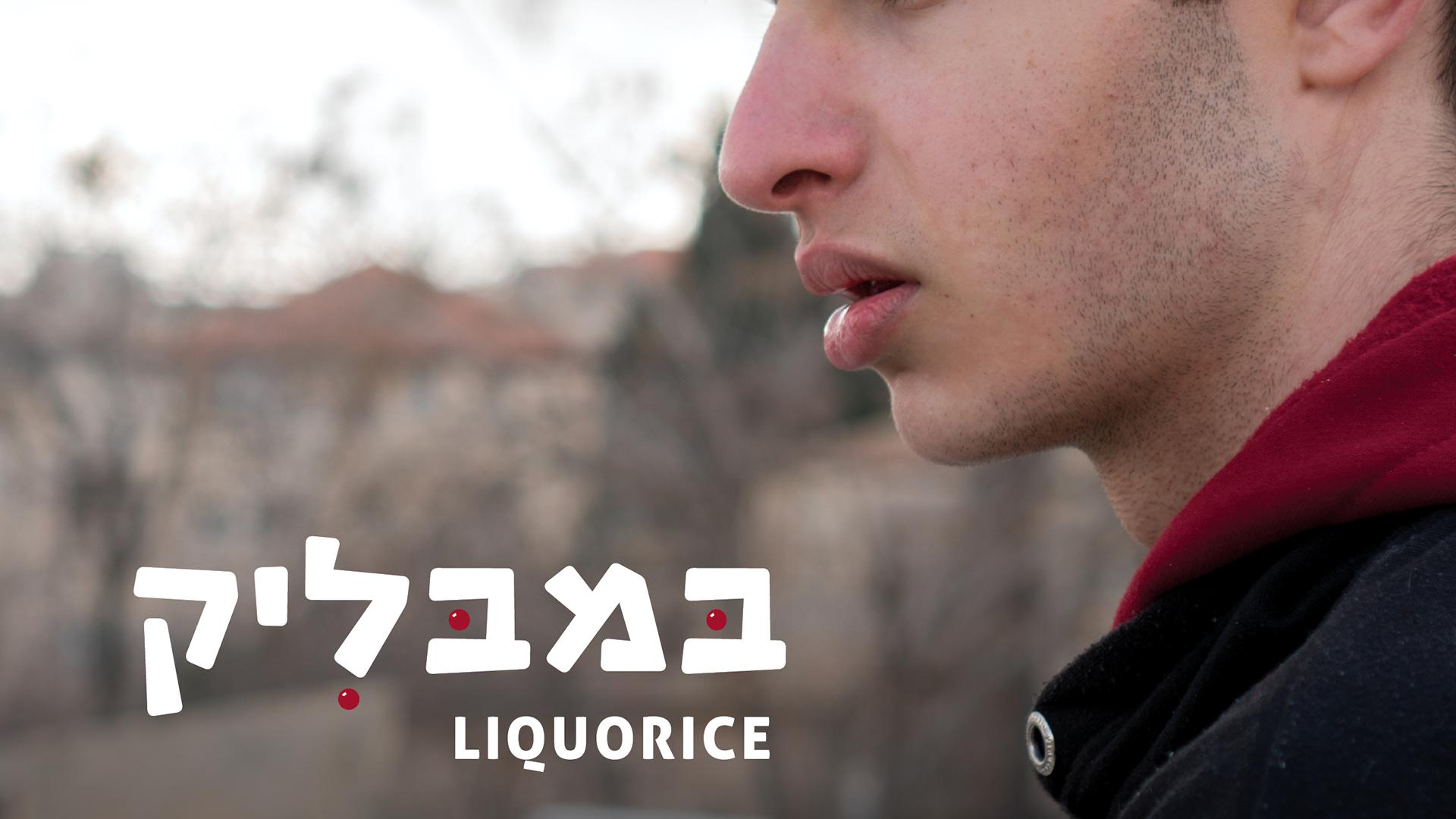Middle East and Africa

Yochai, a melancholic bachelor in his 30s who has trouble taking responsibility, is asked to take care of his eight year old nephew.

Aya, a social worker in her twenties, volunteers at an "at-risk" teenage mobile unit in the city center. One night, she accidentally gets drawn into a gang of youths and their night time activities.

This documentary focuses on the Hamar Tribe, a semi nomadic and rural people who live along the Omo River in Southwestern Ethiopia. Preserving the traditions of their ancestors is essential to defining Hamar life. One of the most venerated of the Hamar’s ancient traditions involves the transition of the Hamar male into an adult. Today, however there is a new awareness that aspects of this tradition are harmful to the health and well being of many who participate. The Hamar people are beginning to consider how their tradition can evolve.
“Kanda Bode…Don’t Get Whipped.”

In 1954, baby Simhona's parents, new immigrants from Iran who were living in a refugee tent city in Bet Shean, Israel, were told that their daughter was ill and needed to be hospitalized. She was taken away from them by a "nurse", and they never saw the nurse or the baby again. Days later, they were informed of Simhona's death, though no body was returned to them. Simhona's mother, now in her 90s, never recovered emotionally from the loss of the baby.
Recently, following the opening of the Israeli archives concerning the abduction of Yemenite immigrant children in the 1950's, Eli (77), Simhona's older brother, decided to begin the search for Simhona with the help of his filmmaker daughter.

Yosef, a special needs young adult, listens to tape recordings from his dead father in order to help him get through the day. As he attempts to grapple with adult life, Yosef grows and learns from his relationships with others when he experiences the insensitivity, and also the kindness, of strangers.

We use various technologies to track your identity and your interaction with our content while you are on our site. Our goal is to limit the use of this kind of technology to functions that are strictly necessary for the purpose of being a festival attendee, filmmaker, judge, or presenter. You have full control over the few exceptions that are not strictly necessary.
We do not use any first-party cookies on this site, though we do use a newer technology called "local storage" to store information about your identity and interaction with our site on your computer. We may use a third-party cookie for analytics tracking and another for your purchases. We do not use third-party cookies for the purposes of advertising or collecting information for use by third-parties.
The primary need for our storage of data on your computer is to track your authentication status and synchronize the purchases stored on the web site, thus enabling you to access the content to which you have access. When you are not authenticated, we also use this technology to track viewing of content in verification of our right to show you that content. On your profile page, you can see the information we store about you and manage it. You do have the right to be forgotten by us, but you will lose access to any purchased content should you exercise this right.
There are two non-essential functions: our use of Google Analytics to help us analyize usage of our web site and our automated watch list tracking. You may turn off one or both non-essential functions. We do ask that you allow these functions as they are used solely for the purposes of bettering this web site and are not used for advertising or sold tracking your beavhior for use by third-parties.
Click "Accept" to accept this use of cookies or "Reject" reject all but essential cookies.